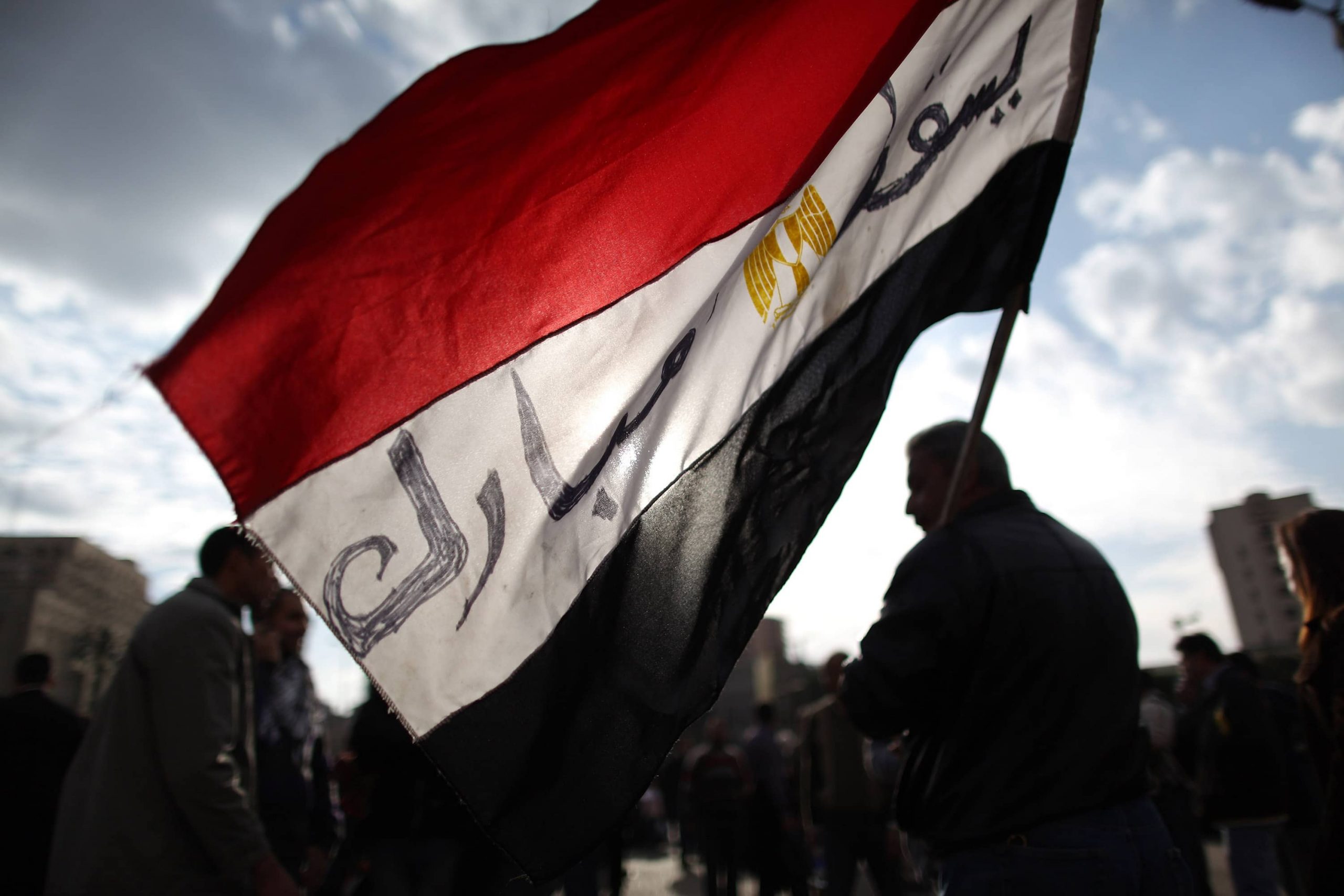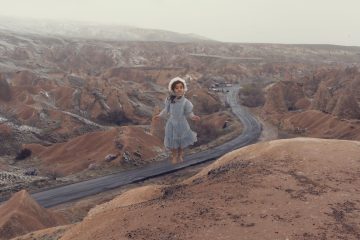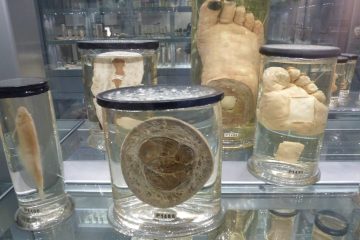
A Cold Revolution? Life After the Arab Spring
What does it mean to be an activist in a military police state? Is it possible? Aida El-Kashef is a filmmaker and key member of the original Tahrir Square protest who helped document the Arab Spring’s roots. For her, having every creative avenue blockaded by your country’s administration is an endlessly abusive experience, but her refusal to relent is admirable.

Protestors carry an Egyptian flag through Tahrir Square on January 31, 2011 in Cairo, Egypt
Ten years ago this week, millions of Egyptians took to the streets to demand the resignation of President Mubarak after nearly 30 years of authoritarian rule. After the Muslim Brotherhood’s replacement Mohammed Morsi was ousted by current premier Abdel-Fattah al-Sisi’s coup two years later, one which millions of Egyptians advoated for. But Sisi’s message for Egyptians became clear: the current regime could not be further removed from the demands of the protestors a decade ago. The Egyptian government appears to be targeting journalists, leading activists and any critics of President Sisi, with the Egyptian Parliament approving a constitutional reform that extends Sisi’s term to 2024 and permits re-election.
Under Mubarak there was censorship by the government, now it’s the army…
Sisi’s power extends much further than anything imaginable in the West. The intellectual monopoly that Cairo’s ruling elite have prohibits any liberal creativity appearing on screens in Egyptian homes. ‘Under Mubarak there was censorship,’ Aida explains, ‘it was governed by the government. But now it’s not just the government, it’s the army and everything passes through them. It’s not only politics, sex and religion you can’t write about. It’s also now broken families, drug addicts, or a Muslim loving a Christian.’
Anti-government protesters walk during a candlelight vigil for those killed during the uprising in Tahrir Square on February 9, 2011 in Cairo
Educated at the Film Academy of Egypt, Aida won international awards for her graduation project and was touted as one of the up-and-coming directors from Egypt’s next generation. Whilst she breached into adulthood and realised her ambition, she was also coming to terms with the death of her father from a heart attack aged 52. Himself an activist and having been heavily involved in protests and filmmaking during the 1970s, his compulsion to promote change was not shared by his daughter. This changed after Aida witnessed the Second Palestinian Intifada in the early 2000s unfold against Israeli occupation. Awakened politically, by the time the Arab Spring dawned she knew she couldn’t play a bit-part role and instead threw her whole life into protesting and helping document the upheaval.

British-Egyptian actor and activist Khalid Abdalla and Aida El-Kashef, here participating in the Tahrir Square protests, both featured in Jehane Noujaim’s Academy Award-nominated film The Square
After the revolution began to ebb, it became apparent Aida wouldn’t be able to work on the projects she wanted, whether it be in the commercial or the independent market. ‘It wasn’t about doing political films, it was about doing whatever films we want. Even if it was a comedy love story, just to talk the way we want and portray women as they should be seen.’ She had a choice to make: whether to let go of her grip on what she saw as the only chance to remove an oppressive control on her country, or to double down. Many with obligations and dependents foresaw the need to return to their jobs and not allow the revolution to hinder their career. For Aida, she didn’t want the revolution compromised by her occupation.

Protestors chant as they ride on an army tank transporter in Tahrir Square on January 29, 2011 in Cairo, Egypt. Tens of thousands of demonstrators took to the streets across Egypt in Cairo, Suez, and Alexandria to call for the resignation of President Hosni Mubarak

Thousands of protestors gathered in Tahrir Square despite a curfew on January 28, 2011 in Cairo, Egypt, whilst thousands of police stalked the streets of the capital
In the years following the revolution, Aida developed obsessive compulsive disorder, a form of post-traumatic stress from the brutality and chaos of the events. ‘When people realised the freedom we sought was not coming, they went back to their careers. But a lot of others, like me, didn’t. We are the ones who ended up with PTSD and feeling like failures today.
‘After the first two years I was not alive. I couldn’t in any way navigate any simple task of living. It took quite a while of hospitalisation, medication and therapy. Finally what worked was cognitive behavioural therapy. At the start of last year I was much better, for the first time in five years we stopped medication. I was doing very well – socialising, going out and about, I restarted my acting work again too.
And then came the corona, and so the normal has become me…
‘And then came the corona. It was very stressful in the beginning but then I thought: “Okay, everyone is feeling what I am for the first time”, and so the normal has become me, not the other way around, which is kind of evil a bit but it gave me comfort.’
Reviewing and critiquing the efforts Egyptians deployed when revolting against their own government is not in our interests here at whynow, but understanding how people in creative industries are coping with tumultuous events the world over certainly is. Aida has demonstrated a resilience to continue at her craft, despite overwhelming odds most of us in the West couldn’t have imagined before the pandemic.

Aida El-Kashef is one of thousands still keeping the embers of the revolution alive
‘At the end of the day, as depressing as this interview is, I’m standing in my house knowing what I’ve come through and how I came out. Yes, we’re not able to treat OCD, it’s always there, but the fact I’m in control is a victory for me that I’m sticking to. I can be happy and grateful because I don’t want to go there. It was a nightmare. For me, this is something I still see as the bright side of everything, just being here. Although I sometimes feel alone, I know I’m not alone in the bigger sense.’
There are times in everyone’s life and careers when insurmountable obstacles loom large. Whether they’re either military dictatorships or global pandemics, you the reader and Aida El-Kashef have demonstrated the resolve necessary to step over them.




